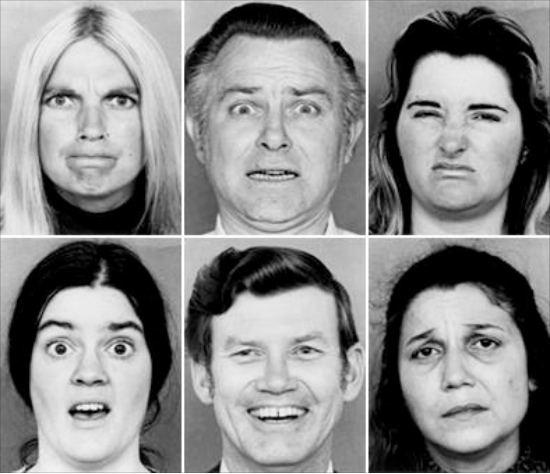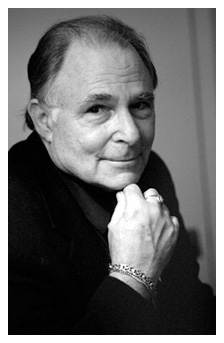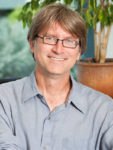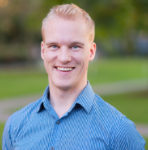
 An Audio Interview with Andrea Scarantino (March 2014)
An Audio Interview with Andrea Scarantino (March 2014)
Paul Ekman, Professor Emeritus in Psychology at the University of California, San Francisco, is a pioneer in the study of nonverbal behavior. His studies on the universality of facial expressions for emotions such as fear, anger, disgust, happiness, sadness and surprise have been key to the articulation and success of basic emotion theory, according to which emotions are evolved solutions to fundamental life tasks. Ekman has authored more than 100 published articles and several best selling books such as Telling Lies, Emotions Revealed, and Emotional Awareness (co-authored with the Dalai Lama). Ekman also developed the Facial Action Coding System (FACS) jointly with W. Friesen (a revised update was published in 2003 with J. Hager as a third author). Ekman’s work on facial cues to deception has led to workshops and interactive training tools for law enforcement. In light of his scientific achievements, Ekman was named by the American Psychological Association as one of the most influential psychologists of the 20th century and by TIME magazine (2009) as one of the 100 most influential people in the world.
Q1. You have been a pioneer in the study of emotional facial expressions, and more generally non-verbal behavior. Why did you become interested in the topic?
Q2. You have once described Silvan Tomkins as a “mentor, colleague and intimate friend”. What kind of man was he and what sort of influence did he have on you? Are there other similarly important influences on your intellectual life?
Q3. Your cross-cultural studies on the universality of the facial expressions associated with anger, fear, disgust, sadness, happiness and surprise have been extremely influential. Can you briefly describe what was the received view on the topic of emotional facial expressions when you started investigating it? And what do you consider to be today the main sources of empirical evidence for universality?
Q4. Can there be expressions of anger, fear, disgust, sadness, happiness and surprise that are not universal? Can there be specific instances of these emotions that are not associated with any expressions? More generally, what is the role played by contextual cues in determining what a certain facial expression means?
Q5. In a paper published in 1977 (“Biological and Cultural Contributions to Body and Facial Movement”) you provided the first formulation of your view that emotions – which you now refer to as basic emotions – consist of a rapid and generally short-lived cascade of expressive, physiological, phenomenological and behavioral responses coordinated by an affect program. What is your current understanding of what a basic emotion is, and do you still think that all emotions are basic? Also, you have often written that there is no sine qua non condition for being a basic emotion. Is that still your view? Finally, why did you pick the term “basic emotion” to designate the sorts of affective phenomena you wanted to study?
Q6. In recent times, psychological constructionism has emerged as the main alternative to basic emotion theory in affective science, which has led to vigorous debate between the two research programs. Constructionists have argued that if we empirically investigate instances of anger, fear, happiness, and so, we are not going to find the sorts of coordinated cascades of responses posited by basic emotion theory, nor a one-to-one correspondence between emotion types (e.g. anger, fear) and emotion-distinctive responses at the level of expressions, physiology, behavior, or neural circuitry. What is your response to the constructionist challenge?
Q7. In your best selling book Telling Lies (W. W. Norton & Company, 1985), you argue that lies can sometimes be detected in the face. Why do facial expressions betray lies when they do? Are people generally pretty good at telling liars from non-verbal cues? Are there perfect liars, i.e. people who give absolutely no behavioral cues of lying?
Q8. You have worked to help members of law enforcement detect deception from facial expressions. Can you describe what kind of work you do with them? Also, you seem to be very interested in the applications of your theory in a variety of non-academic domains: Do you think psychologists should be specifically concerned with the practical import of their theories?
Q9. In your 2003 book Emotions Revealed (Times Books), you offer the most systematic and up to date account of the nature of basic emotions. One important aspect of the book is that you discuss at length the notion of emotional regulation, which some do not naturally associate with basic emotions because they think of them as short-lived and reflex-like. Could you briefly summarize what you take to be the role of regulation in shaping emotional behavior?
Q10. Your most recent book is entitled Emotional Awareness (Times Books, 2008), and it is written jointly with none other than the Dalai Lama. How did the two of you meet, and why did you decide to write a book together?
Q11. On the basis of an analysis of citations in professional journals, citations in textbooks, and nominations in a survey given to members of the Association for Psychological Science, you were inducted in a very special Hall of Fame, namely the list of the 100 Most Eminent Psychologists of the 20th Century. Congratulations! Do you have any advice for young affective scientists with the ambition of making a difference in emotion research? Would a young Paul Ekman today be able to thrive the way you did?
Q12. What do you consider to be your most significant contribution to emotion research?
Q13. You have lived in San Francisco for most of your life. Did you choose San Francisco, or did San Francisco choose you? What’s the best part of living in San Francisco? What are some of your favorite things to do in the city? And are you willing to share the names of your three favorite restaurants in San Francisco?
Q14. Please list up to five articles or books that have had a deep influence on your thinking
Q15. What do you think is the main question that future affective science should be focusing on?




